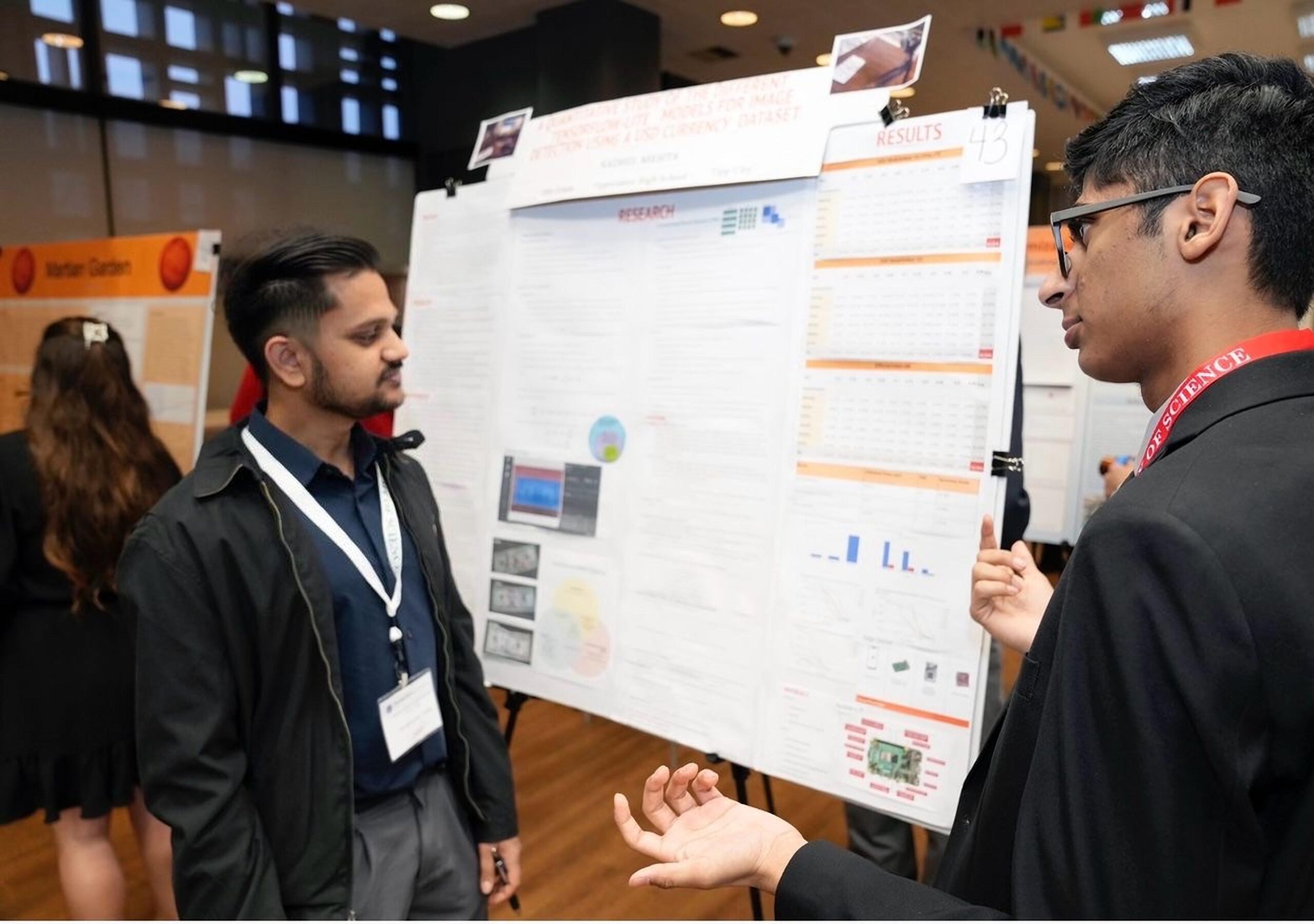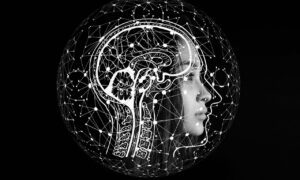In today’s rapidly evolving technological landscape, the application of intelligent systems is profoundly altering various sectors, with healthcare emerging as a primary beneficiary. Solutions powered by artificial intelligence (AI) are poised to reshape diagnostic procedures, predictive analytics, and patient treatment, aiming to enhance healthcare efficiency, accessibility, and accuracy. At the forefront of this transformative movement is Gaurav Kumar Gupta, a prominent expert in AI and machine learning whose groundbreaking research and innovative technologies are driving significant progress in medical diagnostics.
The Imperative for AI in Modern Healthcare
Healthcare systems worldwide grapple with substantial challenges, including escalating costs, shortages of medical practitioners, and the growing prevalence of chronic illnesses. Conventional diagnostic methods, often reliant on subjective assessments, can lead to potential inaccuracies and delayed interventions. AI, particularly through the utilization of sophisticated language models and machine learning algorithms, presents a paradigm shift in addressing these critical issues.
Gupta’s scholarly pursuits center on harnessing AI to improve diagnostic precision and operational efficiency. His recent investigations into AI-driven digital diagnostics explore the potential of advanced large language models to interpret symptom-based inquiries and provide reliable preliminary assessments. By processing extensive repositories of medical literature, patient data, and clinical protocols, AI models can support clinicians in identifying medical conditions with heightened accuracy, thereby minimizing diagnostic errors.
Advancing the Early Detection of Long-Term Health Conditions
A significant advantage of AI in healthcare lies in its capacity for the early detection of chronic diseases. Conditions such as diabetes, cardiovascular disorders, and malignancies necessitate timely diagnosis for effective management. Gupta’s work integrates predictive analytics with AI to uncover subtle patterns within patient data, facilitating early intervention and improved patient outcomes.
For example, AI models trained on comprehensive datasets derived from electronic health records, medical imagery, and genetic profiles can identify individuals at risk before the onset of symptoms. This proactive strategy allows healthcare providers to implement preventive measures, consequently reducing hospitalizations and enhancing overall population health.
Personalized Treatment Protocols Enabled by AI
Beyond diagnostic applications, AI can tailor treatment regimens to individual patients by analyzing their medical histories, genetic markers, and responses to previous therapies. Machine learning algorithms can recommend personalized treatment strategies, enhancing drug effectiveness and mitigating adverse reactions. Gupta’s research delves into the optimization of AI frameworks for precision medicine, ensuring that treatments are customized to each patient’s unique physiological and genetic characteristics.
Expanding Healthcare Accessibility Through AI
AI-enabled diagnostic tools possess substantial potential for broadening healthcare access, particularly in underserved and remote regions. Rural areas often lack specialized medical personnel, posing challenges to timely diagnosis and treatment. Telemedicine platforms augmented with Gupta’s AI-driven healthcare innovations can bridge this gap by facilitating remote consultations and automated diagnostic assistance.
By integrating AI into mobile health applications, individuals can input symptoms and receive preliminary evaluations, empowering them to seek timely medical attention. This technological advancement democratizes healthcare, ensuring that quality medical support is available beyond traditional healthcare facilities.
Challenges and Ethical Considerations
Despite the considerable potential of AI, obstacles remain in its integration within healthcare. Concerns regarding data privacy, adherence to regulatory standards, and the ethical implications of AI-driven decision-making require meticulous attention. Gupta emphasizes the incorporation of robust safeguards, including HIPAA-compliant AI models and transparent algorithmic processes, to protect patient confidentiality and ensure equitable AI applications in healthcare.
Furthermore, AI should function as a supportive tool rather than a replacement for human medical expertise. Physicians remain essential in healthcare, with AI serving to augment their decision-making capabilities.
The Future Trajectory of AI in Medical Care
With ongoing advancements in AI and machine learning, the future of healthcare appears promising. Gupta’s research and technological innovations are paving the way for a more innovative, efficient, and patient-centered healthcare ecosystem. As AI systems become increasingly sophisticated, their contributions to diagnostics, personalized medicine, and healthcare accessibility will continue to expand, ultimately saving lives and improving the quality of care on a global scale.
The integration of AI into healthcare is not a matter of conjecture but of inevitability. With visionary researchers like Gaurav Kumar Gupta leading the charge, the AI-driven healthcare revolution is already in progress, heralding a future where medical practice is more advanced, inclusive, and efficient. Additional insights can be found on Google Scholar.



































